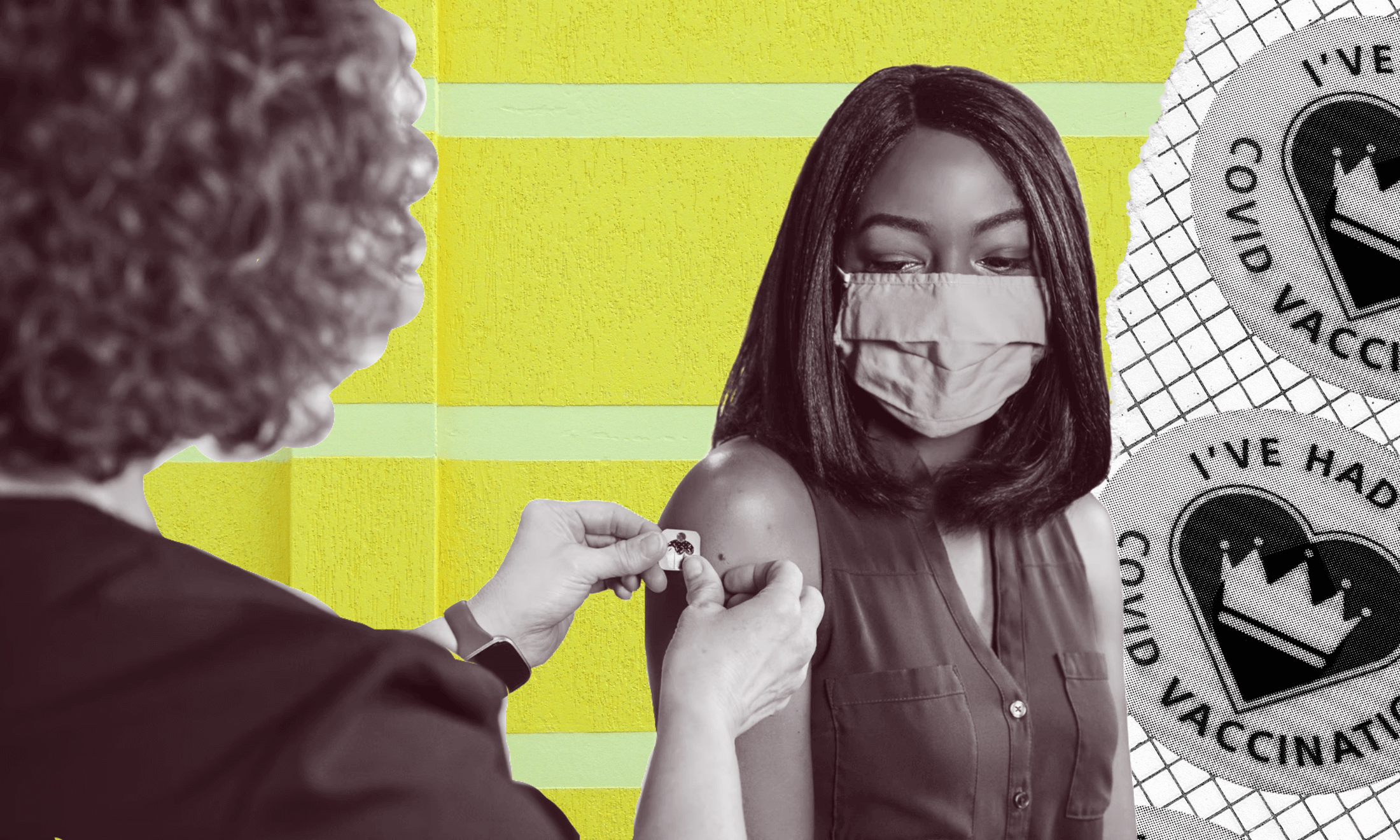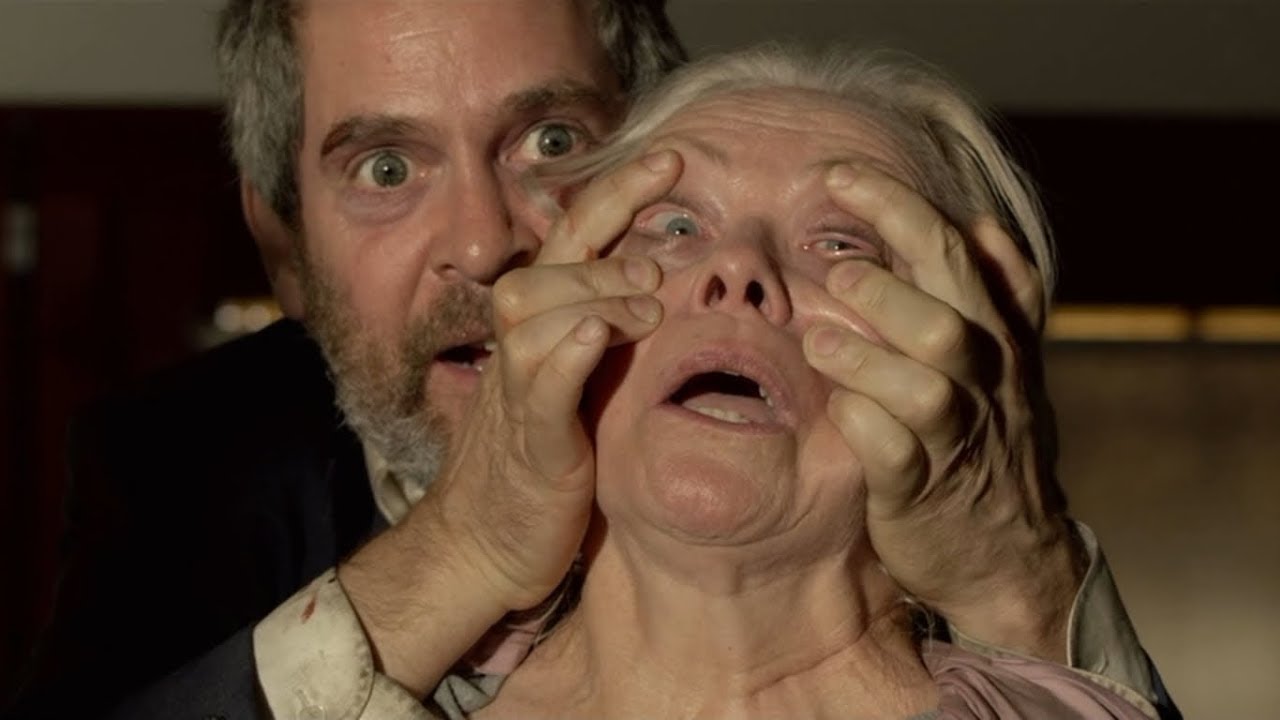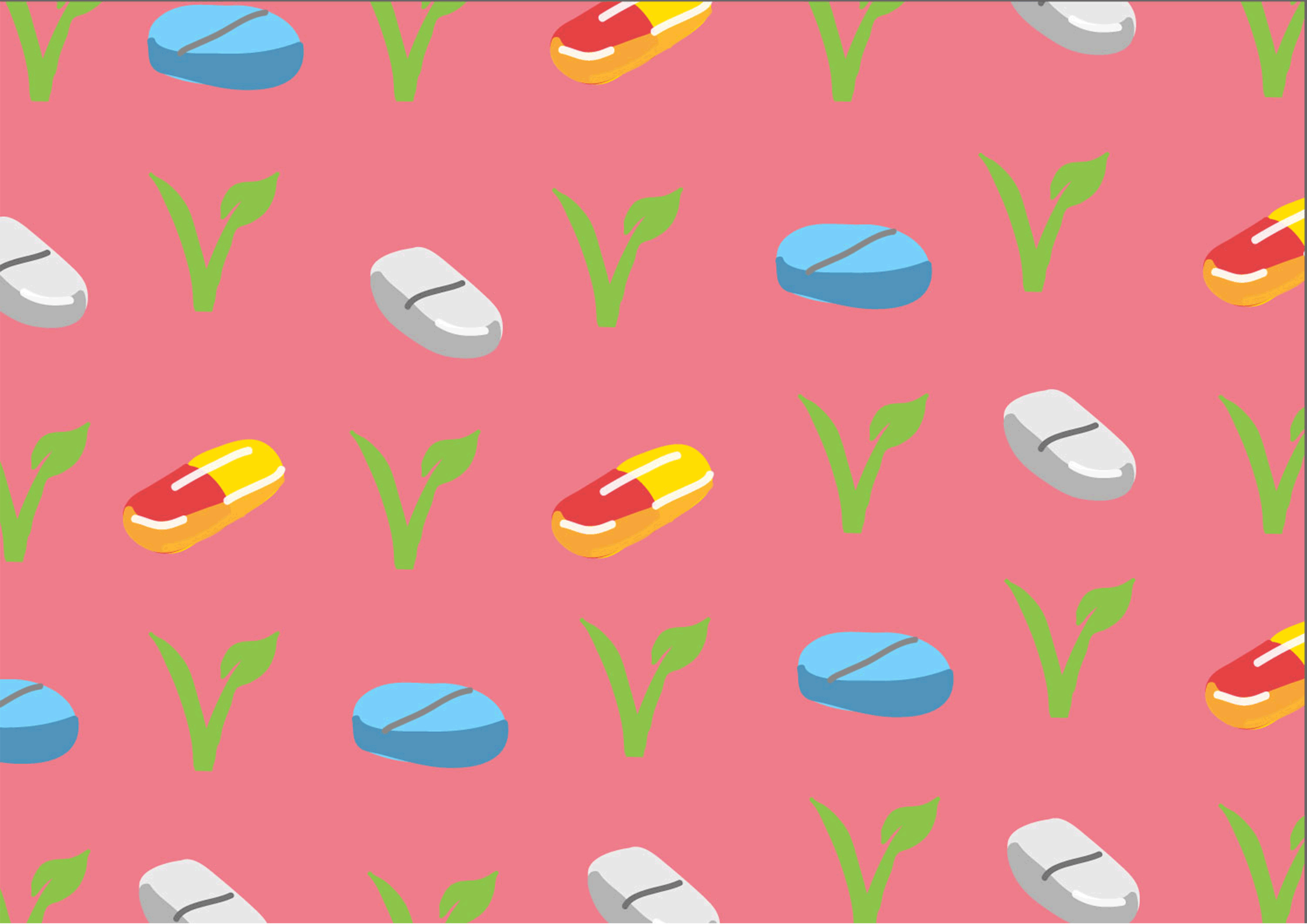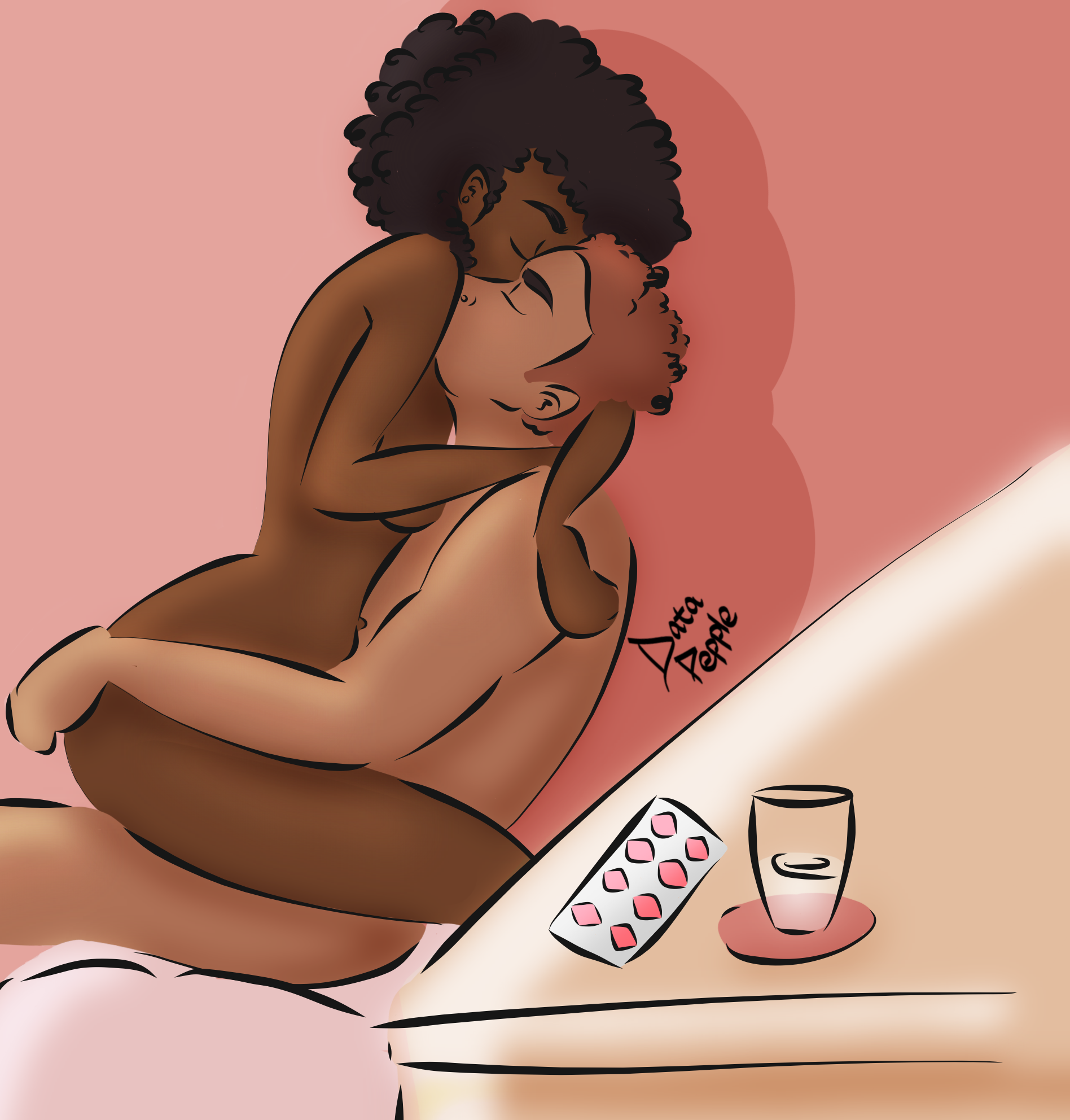
Why did Nipsey Hussle’s death resurrect a conspiracy about Dr Sebi and big pharma hiding cures?
Annabel Sowemimo
10 Apr 2019
Illustration by Parys Gardener
Knowledge of Dr Sebi and his herbal remedies entered my life in a strange way. A guy I was dating told me about how after his mother was diagnosed with advanced breast cancer she declined traditional Western medicine and instead decided to travel to central America to visit Dr Sebi. Among the Honduran herbalist’s claims was that he had cured several patients of AIDs using his special African “cellular” diet, and so she had gone in search of similar healing at his retreat.
It wasn’t until the recent murder of the Grammy nominated rapper and community activist Nipsey Hussle a few weeks ago that there was mainstream attention on the contentious doctor once more. Nipsey had told his followers that he was making a documentary about Dr Sebi, so within hours of his death conspiracies equating his murder to a pharmaceutical industry hit job began swirling. For the next day, Dr Sebi trended on Twitter in the US. Videos on YouTube linking the rapper’s untimely death to his interest in a man who, if his claims were true, would threaten the power and profit of the pharmaceutical industry with titles like: “Nipsey Hussle Shot and Killed – Find out why! Dr Sebi Conspiracy”, have racked up over three million views. Musician and presenter Nick Cannon fanned the flames of the rumours by publicly stating that he will finish the documentary. Writing on Instagram he said: “I’m picking up the baton! Because they can’t kill us all!”
Left Eye Died Right After She Seen Dr.Sebi .. Michael Jackson Was Also Seeing Dr.Sebi Years Later Dr.Sebi Dies In Police Custody Now Nipsey Was Makin A Documentary About It Now He Dead ??♂️ Everybody tryna blame it on the HOOD better open ya eyes the GOVERNMENT send hits too ?
— MICHELLE?? (@short_treats) April 1, 2019
But, there’s so much more to this story. To understand how people got to this point, you have to understand the allure and danger of Dr Sebi’s lifestyle. Born Alfredo Bowman in 1933, his website describes him as a “self-educated man who was diagnosed with asthma, diabetes, impotency, and obesity”, who was unhappy with medical treatment in the US for his ailments. He believed in the power of healing through natural herbs and diet and established the USHA Village in Honduras where visitors receive his detox diet. A captivating orator, he spoke proudly of Africa and his teachings had its roots in the more traditional way of life that African Americans feel that slavery divorced them from.
Among his vast claims were that he could rid people of a plethora of diseases, including sickle cell anemia, lupus, diabetes, blindness, obesity and several other conditions. In a hyper-consumerist society like America, where drugs with staggering side effects are sold to you constantly via TV and radio ads, and healthcare bills can bankrupt you, his natural remedies continue to be an attractive alternative for some.
While other medical doctors might have found it disarming if their date believed in someone like Dr Sebi, I was brought up in a Nigerian family where people possess a combination of health belief systems. Most lie somewhere between Western medicine and African herbal-based remedies. Take my grandma. She’s perfectly happy to take her blood pressure medications whilst simultaneously proclaiming that her left foot aches because of juju (witchcraft) performed on her decades ago. For many children of the diaspora a dual belief system is perfectly normal. Despite the fact his program hadn’t given his mother more time, I accepted that his mother had died peacefully, but without the life-prolonging drugs that Western medicine has created for terminal illnesses.
“As much as it might seem unusual to trust a mysterious herbalist with your health, it’s also clear black people can’t guarantee that Western medicine has their best interests at heart either”
Dr Sebi’s herbal methods aren’t too far away from how some modern medicines are created – enhancing naturally occurring substances that have been purified and strengthened so they can be administered in an effective dose. There are many traditional medical practices from Chinese herbal medicine to African herbology that use natural, unpurified ingredients as their basis for treatment. Although natural medicines may seem appealing, they do not go through medical trials and are not regulated, which means the effects can be unpredictable and, at times, dangerous. It’s essential, however, that Western medicine acknowledges other health belief systems and how it impacts the communities we serve. By simply dismissing these practitioners as “quacks’ or a ‘hoax” without an adequate explanation on why such claims are unfounded, we make those that are already vulnerable even more so.
Nevertheless, his crookedness is well-documented. After stating that he had “accredited diagnostic sheets” to prove his claims about curing HIV, it’s hard to locate a shred of evidence – or even a cured AIDs patient – and he has largely been dismissed in medical circles as a “quack”. In 1987, the New York Supreme Court tried and failed to convict Dr Sebi on criminal charges of practicing medicine without a license. Then in 1993, an agreement was made with his company, USHA Herbal Research, that no further claims would be made regarding curing the aforementioned conditions – this disclaimer is still made on the official website. He was arrested in May 2016 at 82 on charges of money laundering and allegedly died of pneumonia while in police custody.
The unclear circumstances of his death have further heightened paranoia over state involvement in his death. Pair this with the fact that during his lifetime Dr Sebi had several prominent celebrity clients including Lisa “Left Eye” Lopez who was on a retreat of his when she died, and Michael Jackson. Although their deaths are seemingly unrelated, their names and faces are used to illustrate that there is a wider effort to take out him and his fans out of public view. This mysticism turned him into a cult figure, making his products even more in demand. In the 80s, Dr Sebi was charging $500 dollars for an initial consultation fee – presently an all inclusive package of Dr Sebi’s herbology pills is $1500.
The real tragedy about Dr Sebi is that white scientists, including medical doctors, have experimented so much on on Black people that a lot of Black people don’t trust medicine or any other science. So be judgmental … but judge how we got here: whiteness.
— Chanda Prescod-Weinstein ??♀️ ??? (@IBJIYONGI) April 2, 2019
While the conspiracies may feel a little far-fetched, it feeds into a wider mistrust of the medical pharmaceutical industries historically. It has a long history of exploiting sickness and the early days of the AIDs epidemic are a clear case of this. Big pharma companies refused to provide a cure to some of the most vulnerable populations to maximise their profits, and without the diligent lobbying of campaigns such as ACT UP and the Treatment Access Campaign millions of HIV positive people would not have access to life-saving medications.
You’ll hear many black people state that HIV was simply a “plague” sent by the West to destroy Africa. And, while it’s a view still as prevalent among African Americans today as it was 40 years ago, it was former President of South Africa Thabo Mbeki who initially refused to accept assistance from Western pharmaceutical companies, instead pursuing African-based cures. AIDs denialism was fuelled by leftover anxieties from apartheid – it didn’t seem right that the country so recently freed could be caught up in an another tragedy and then have to ask the West for help. Unfortunately, it has now been suggested his policies could have caused the death of hundreds of thousands of South Africans.
But beyond HIV, there’s cases from all over the healthcare system that show black people are not cared for in the same way as white patients. Studies have shown that black people in the US are less likely to trust physicians. They have higher rates of deaths from cancer, and there’s high post-pregnancy mortality rates of African American women for example. Historically where black people were told doctors had their best interests in mind, it has been later discovered there was foul play. Like in Tuskegee in the 30s, where black men were purposefully left untreated for syphilis. Or even modern day Israel, where Ethiopian women were given contraceptive jabs instead of disease inoculations. So as much as it might seem unusual to trust a mysterious herbalist with your health, it’s also clear black people can’t guarantee that Western medicine has their best interests at heart either.
Dr Sebi Tried To Save Us Medically.
— RASHID KAY™ (@rashid_kay) April 2, 2019
Gaddafi Tried To Save Us Economically.
Malcolm X Tried To Save Us Culturally.
Sankara Tried To Save Us Politically.
Biko Tried To Save Us Mentally.
Marley Tried To Save Us Spiritually
The Problem Is Our True Leaders Are Not Protected.
Ultimately, the story that an articulate black healer found life changing cures using traditional African herbology will continue to be appealing. It acts as an empowering narrative to those that are disempowered and whose needs are overlooked by modern biomedicine.
Perhaps what we should take away from this strange pop culture rumour is that when you dig deeper, for some it isn’t that far fetched a conclusion to reach. Black people have seen luminaries killed time and time again and the lack of transparency between the medical profession and the pharmaceutical industry continues to fuel mistrust amongst the most vulnerable communities. Particularly those that are unable to gain adequate access to healthcare. It is understandable that many of us prefer to look within our own communities for solutions rather than embrace external help. Despite his mother passing away, the boy I was seeing had nothing but positive things to say about Dr Sebi, and he remained dedicated to the practice of African herbology.








